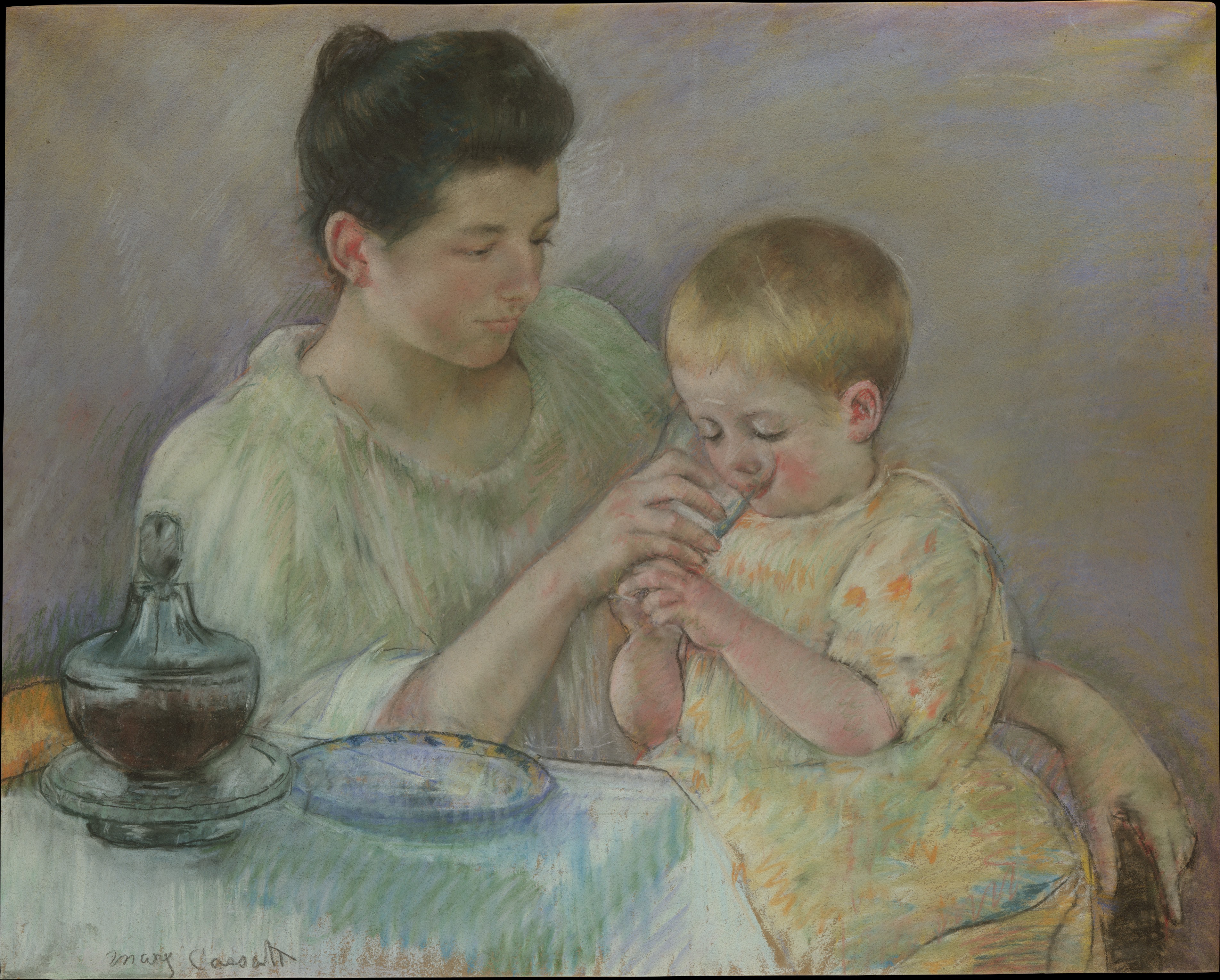And we danced
in the sunshine
not a care in the world
and we sang
our God's praise
without trouble or fear
free
like our mothers
who left Egypt by His hand
free
in the shelter
of His justice and love.
But now
I am loot
to be carried away.
I am your quarry
to be hunted down.
I am prey to be caught,
a prize to be captured,
I am flesh to be used.
Oh you pious men
keeping your vows before God,
oh you righteous men
looking out for your brothers,
oh you faithful men -
you do what is right,
what is right in your own eyes -
but is it right in God's?
In God's,
whose will is shelter
in justice and love?
In God's,
who led our mothers
out of Egypt by His hand?
Would this Saviour of Slaves
have us treated like loot,
like quarry, like prey,
a prize to be captured,
flesh to be used?
You do what is right
in your own eyes
and think yourselves pious
and righteous and good
free
like your fathers
led from Egypt by His hand
but as long as your daughters
remain so enslaved,
as long as your actions
are not justice and love
your hearts will be stuck
in Egypt's land
and you'll still be slaves to sin.
Turn around, then.
Turn around and dance with me.
Dance with me
in the love of the God
who created us as equals.
Turn around to the King
whose commandment is love.
Turn around and let justice reign.
Then you and I can all be free
dancing in praise of the Saviour of Slaves,
not a care in the world,
without trouble or fear
doing right in the eyes
of God our king.
____________________________
[16. October 2022]
This story is so horrible (and this is just one part of the horror, the beginning of Judges 21 is about genocide as well as rape). At the end of the book of Judges, Israel is a mess. They just decimated the tribe of Benjamin as revenge for what happened with the Levite's concubine (awful, awful story of gang rape - the Bible really is not silent about the horrors of the human race). Anyway after the massacre the other tribes feel sorry and want to prevent the entire tribe of Benjamin dying out. However, they have vowed not to give any of their daughters as wives to the men of Benjamin. What follows is a lot of unnecessary pain and violence all to keep that vow while still helping the Benjaminites come to women.
The "daughters of Shiloh" are girls participating in a religious festival, the Israelites set up a kidnapping so that they won't have "given" the girls freely.
Like a refrain in the book of Judges, and again at the very end (Judges 21:25) is the sentence: they did what was right in their own eyes. Judges is about things going wrong. When we read about genocides and murder and gang rape and here the kidnapping and rape of hundreds of young women, it's nothing "condoned" by God. It's people making a big hash of things after having been shown by God how society can actually be different (law given on Sinai). And the tragic thing is, so often we human beings are capable of thinking we're on the right path while actually doing horrible things that are opposed to the will of God. These guys thought they were being good people doing their best to keep a vow, helping out their countrymen, etc.
Which is why I think we need to keep in connection with God, and always be open to repent and turn around. So many things were thought to be okay for the longest time, even by Christians (slavery, racism, subjugation of women). Change is hard but true salvation is not just a change of what we believe or a spiritual thing, but a change in how we live our lives and how our societies work. That's why the giving of the law,at Sinai was an important step on the way out of Egypt: Okay, you're not slaves anymore - here's how to live so you won't be slaves again! True freedom is not in having no one tell us what to do (doing what is right in our own eyes) but letting ourselves be guided to a way of living that is best for everybody.
Picture by Franz von Stuck



